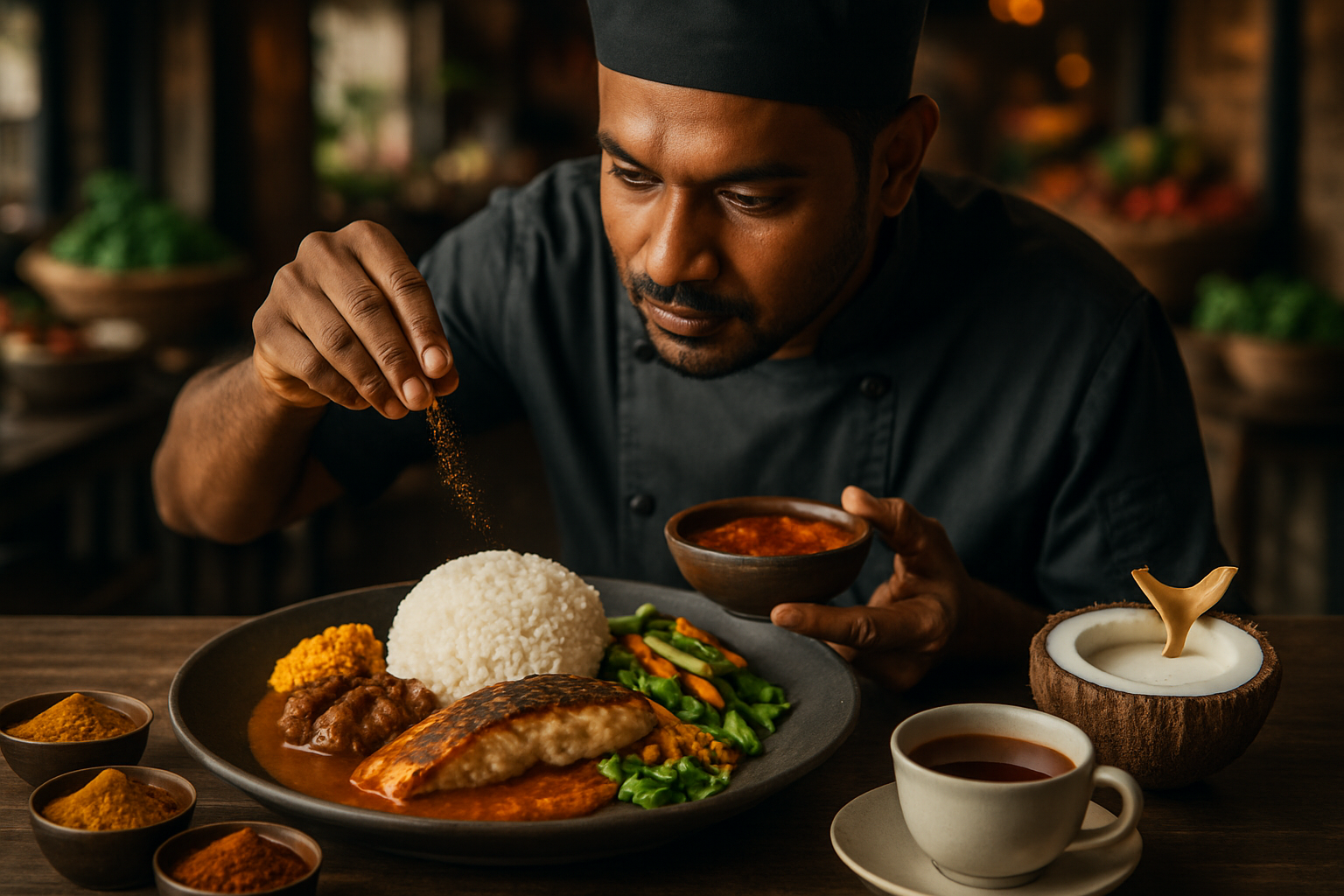Exploring the World Through Culinary Voluntourism
Embark on a journey that combines the thrill of travel with the satisfaction of giving back. Culinary voluntourism is emerging as a unique way to explore global cultures, hone cooking skills, and make a positive impact on local communities. This innovative travel trend offers food enthusiasts and philanthropists alike an opportunity to dive deep into authentic cuisines while contributing to sustainable development initiatives worldwide.

Historical Context and Evolution
The roots of culinary voluntourism can be traced back to the broader voluntourism movement that gained momentum in the 1990s. As travelers sought more meaningful and impactful experiences, organizations began offering programs that combined volunteer work with cultural immersion. The culinary aspect emerged as food tourism grew in popularity, with travelers increasingly seeking authentic local food experiences. The fusion of these two trends gave birth to culinary voluntourism, offering a unique way to explore global cuisines while making a difference.
Current Trends and Opportunities
Today, culinary voluntourism takes many forms, catering to diverse interests and skill levels. Popular programs include:
Farm-to-Table Initiatives
Participants work on organic farms, learning sustainable agriculture practices and helping to bring fresh, locally-grown produce to communities. These programs often culminate in community meals or cooking workshops that showcase the fruits of their labor.
Culinary Education Programs
Volunteers teach cooking skills and nutrition education in schools or community centers, empowering locals with knowledge to improve their diet and health. These programs often focus on using locally available ingredients to create nutritious, affordable meals.
Restaurant and Cafe Projects
Some initiatives involve setting up or supporting community-run eateries that provide job training and economic opportunities for locals. Volunteers might assist with menu development, kitchen management, or front-of-house operations.
Food Waste Reduction Programs
These projects focus on developing innovative solutions to reduce food waste in local communities. Volunteers might work on composting initiatives, help establish food recovery networks, or create awareness campaigns about sustainable food practices.
Benefits and Challenges
Culinary voluntourism offers numerous benefits to both travelers and host communities. For travelers, it provides an unparalleled opportunity to gain hands-on experience in diverse culinary traditions, develop new skills, and forge meaningful connections with locals. Host communities benefit from knowledge exchange, economic support, and the development of sustainable food-related projects.
However, this travel style also faces challenges. Ensuring that programs are truly beneficial to local communities and not displacing local workers is crucial. Additionally, managing expectations of volunteers, who may have varying levels of culinary expertise, can be challenging for host organizations.
Savoring the Experience: Tips for Aspiring Culinary Voluntourists
• Research thoroughly to find reputable organizations with sustainable, community-driven projects
• Be prepared to adapt to local conditions and ingredients
• Learn basic phrases in the local language, especially food-related terms
• Bring an open mind and willingness to try new flavors and cooking techniques
• Consider your own skills and how they can best contribute to the project
• Document your experience through photos or a food journal, but always respect local customs and privacy
The Future of Culinary Voluntourism
As the travel industry continues to evolve, culinary voluntourism is poised for growth. With increasing awareness of global food issues and a desire for more meaningful travel experiences, this niche is likely to expand and diversify. Future trends may include more specialized programs focusing on specific cuisines or culinary techniques, as well as initiatives addressing global challenges like food security and climate change through culinary interventions.
Culinary voluntourism represents a tasty blend of cultural exchange, skill development, and community impact. By choosing to engage in these programs, travelers can savor the flavors of the world while leaving a positive imprint on the communities they visit. It’s a journey that nourishes not just the body, but the soul and the global community as well.






